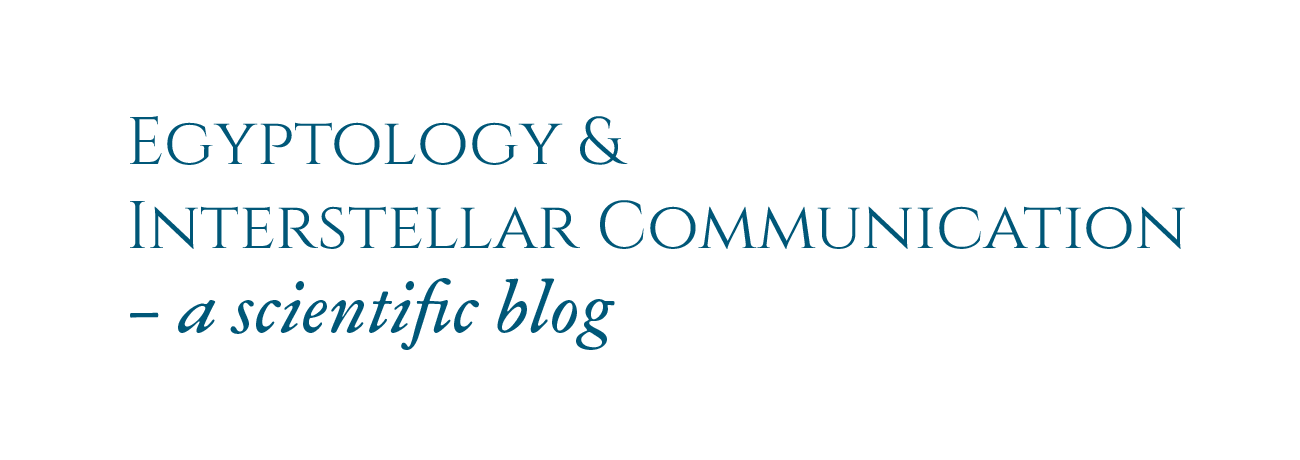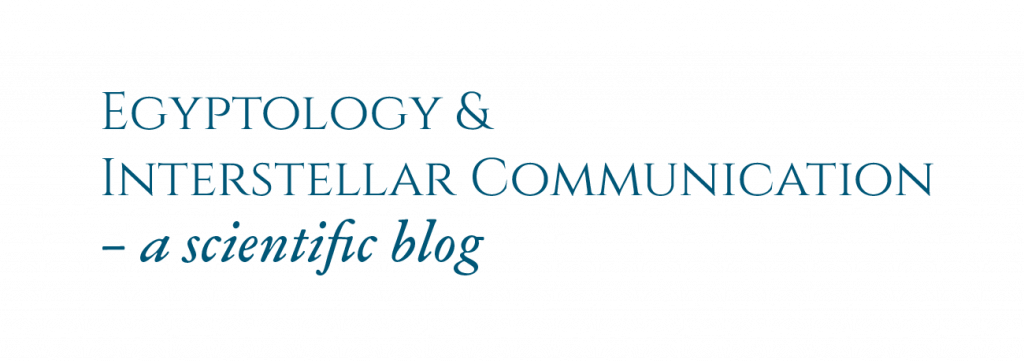What is a Conspiracy Theory?
Today I have a very special article on the desk, which I wanted to take a look at for a long time. It is about a very fundamental topic that arouses the minds – the so-called conspiracy theories, to which the questions about the disclosure of classified files on UFO sightings and the like basically also belong. Today’s article is an introductory essay to a publication by Andreas Anton, Michael Schetsche, and Michael K. Walter entitled “Wirklichkeitskonstruktion zwischen Orthodoxie und Heterodoxie – zur Wissenssoziologie von Verschwörungstheorien” (Reality Construction between Orthodoxy and Heterodoxy – On the Sociology of Knowledge of Conspiracy Theories), in A. Anton et al. (Ed.) Konspiration, Wiesbaden 2014, Springer Verlag, DOI 10.1007/978-3-531-19324-3_1.
This article gets to the heart of the matter: the vast majority of previous publications that deal scientifically with the topic of “conspiracy theories” are subject to a blatant bias, in which the question of the meaningfulness or truth of a conspiracy theory is placed in the center, instead of objectively exploring what such a theory is in the first place.
For this, the authors present an interesting thesis from the perspective of constructivist sociology of knowledge: The truth of so-called conspiracy theories cannot be determined per defitionem, because this is based on a specific construction of reality. According to this, the perception of this reality can be established on the basis of previous, “orthodox” knowledge, while another reality has been constructed on the basis of heterodox knowledge, which is considered to be “non-generally-accepted”. As guardians of this “generally accepted knowledge,” the authors cite the mass media or cultural or social structures that do not question political decisions or do so only to a limited extent.
The authors make a precise distinction here between the question of whether a conspiracy theory is just a fantasy or does contain a grain of truth, and the question of what a conspiracy theory is and what the reasons are for the fact that the term today also serves to delegitimize and stigmatize it in public discourse. This is, by the way, a phenomenon that has penetrated to the scientific echelons and is accompanied by an almost automated distancing in order to avoid the danger of social discredit.
According to the authors, the increased incidence of conspiracy theories is also something that is based on a deep mistrust of political actors. The real experience of a conspiracy theory coming true in the past (e.g., the Watergate affair) leads to the search for alternative causes that contradict the common narrative.
From the perspective of the sociology of knowledge, however, a conspiracy theory is first of all merely a culturally heterodox description of reality.
This definition is, from my point of view, especially important if the topic is to be dealt with scientifically. An objective approach is a prerequisite to classify the social phenomenon historically and currently. But I go one step further: If you want to deal with conspiracy theories scientifically, you also need a concrete question. Anything else would not only be a tendentious write-up and in the worst case personal “reckoning” with the conspiracy theorists who dare to question the “common sense”, but it would simply not be science.
The authors Anton, Schetsche and Walter succeed in attempting a clean definition of “conspiracy theory”, which can now be used as a basis to pursue further questions: The question of the cause of these alternative constructions of reality. Or the question whether at all, and if so, in which form, the “wild speculation” about causes for current events should be controlled.
From my point of view, an increase in more or less plausible conspiracy theories can also be due to the social change towards an information society, which is only now learning to deal with the immense flood of information that is pouring in every day. Too often, people have been misled by deliberately false news – on both sides. The mainstream tries to point the finger at conspiracy theorists by establishing countless official “fact checkers”…some of whom are funded by those actors whose narratives SHOULD CREATE “common sense.”


